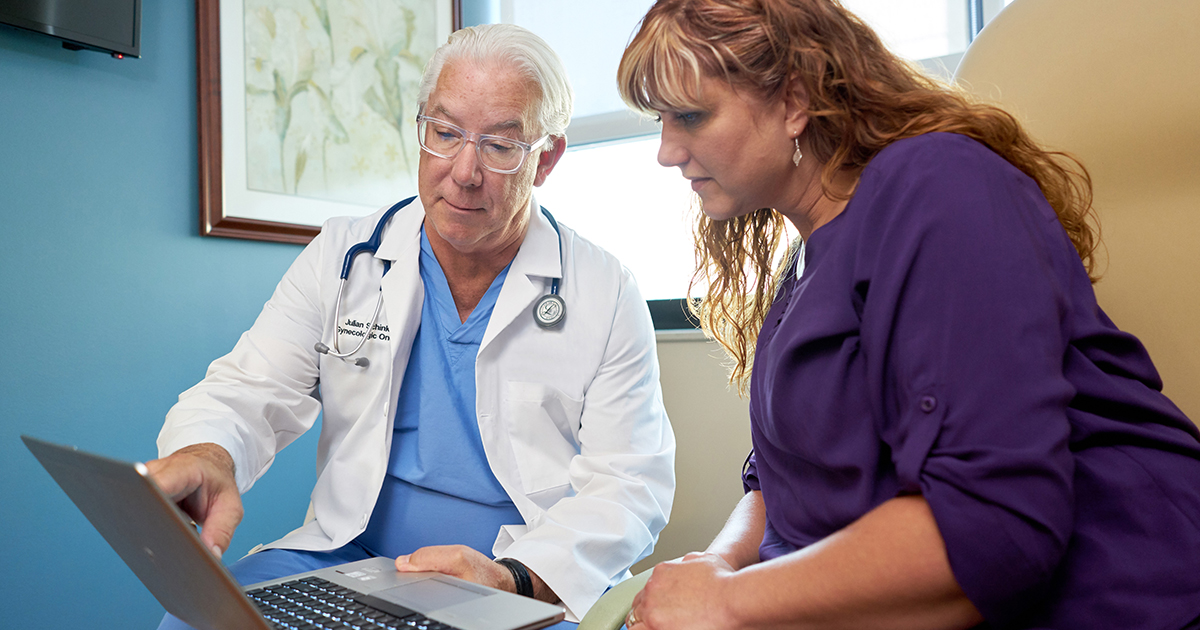
The door opens slower. The clock ticks louder. You’re not just here for results. You’re here for the next step. But no one says it yet. The room feels too clean. The air too sharp. A nurse smiles—gently. You fill out papers again, even if they already have them. First visits move slow. On purpose. Everything begins with time.
They ask questions you’ve already answered, but now they listen more carefully
You’ve told this story before. The dates. The tests. The first symptom. But now, they pause. The doctor listens longer. Writes fewer notes. Looks up more. Because this isn’t a checklist. It’s a pattern. One that needs your words, not just your records. You say the same thing again. But somehow it feels different now.
Your past test results are reviewed out loud, piece by piece
Not rushed. Not skipped. Bloodwork, imaging, biopsies. Each result is read like it matters. Because it does. Every number gets a comment. Every image gets a pause. There’s no verdict yet. Just careful study. Oncology doesn’t guess. It builds. Slowly. The doctor doesn’t tell you what they think. Not yet.
You’re asked about symptoms you hadn’t even noticed until now
Fatigue? How long? Appetite? Changes? Night sweats? You nod. Some yes. Some maybe. The questions feel oddly precise. That’s how patterns emerge. Not all symptoms scream. Some whisper through months of routine. This is how cancer speaks before it’s named. Through details you forgot were unusual.
Family history becomes more than just a background question
They ask about your mother. Your uncle. What age. What kind. It’s not small talk. It’s part of the equation. Risk isn’t just personal—it’s inherited. But not all patterns repeat the same. You might be the first. Or the third. Either way, the past becomes a roadmap. Quietly, they start drawing lines between years and genes.
You go through a physical exam, but it doesn’t feel rushed or automatic
It’s not just weight and blood pressure. It’s palpation. Eyes. Skin. Breathing. Hands move carefully. Not nervously. The exam feels human. Quiet. Clinical but not cold. The doctor doesn’t say much during it. They’re looking. Listening. Tension hides in the quiet, not in what they find.
Imaging gets scheduled again, even if you’ve already done it once
CT, MRI, maybe PET. You thought you were done. But they need clarity. Different machines. Better angles. Oncology often repeats for precision. Not because something was wrong before—but because now, the questions are sharper. One scan rarely tells the whole story.
A biopsy might be discussed, or reviewed, with more detail than before
If it hasn’t been done, it’s planned. If it has, it’s rechecked. Tissue means truth. But even then, it’s not the full picture. They might mention markers. Pathology terms. You hear words you’ve never heard before. Ki-67. Receptor status. Staging. But they don’t explain yet. Not all at once.
You don’t get a plan right away, and that feels hard to accept
You wanted answers. But you leave with next steps. Appointments. Tests. Referrals. No treatment yet. Not today. It feels slow. But that’s how accuracy works. Oncology doesn’t rush. It measures twice. Sometimes three times. Then decides. Precision needs space.
You’re told that a team will review your case, not just one doctor
Multidisciplinary. You hear the word. Oncologists. Radiologists. Pathologists. Surgeons. Each brings a piece. Together, they decide. The doctor won’t work alone. And that gives comfort—though it also adds days. Still, the decision won’t rest on one opinion.
They ask how much you want to know, and how you want to hear it
Not everyone wants every detail. Some ask for numbers. Others ask for only steps. The doctor offers choice. To hear all. To hear slowly. To hear with someone else in the room. You decide how news travels. Because understanding starts with comfort, not pressure.
You meet the nurse again, and this time they ask different questions
Not medical ones. Personal. Do you work? Do you live alone? Do you have support? It feels like a different conversation. But it isn’t. Because treatment doesn’t start in the hospital. It starts in your home. And they want to know if your life can carry what’s coming.
You receive a folder, and suddenly everything feels heavier
Inside: schedules. Referrals. Lab requests. Maybe a guide. Maybe a list. It’s just paper. But now it feels like a beginning. Or an ending. Or both. You don’t open it yet. Not fully. You carry it like it might spill something.
You leave the room, but your questions arrive just after you do
They come late. In the car. In the elevator. You forgot to ask them. Or couldn’t. That’s common. And expected. Oncology departments often allow follow-ups. Calls. Message systems. Because first visits rarely settle anything. They open the door. That’s all.
